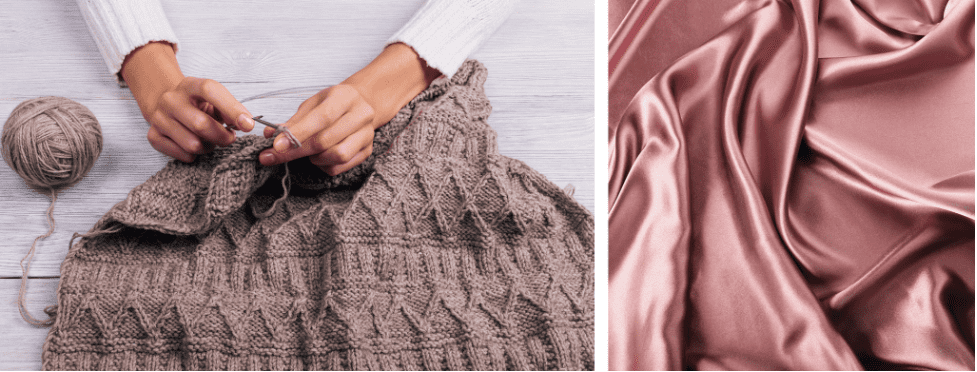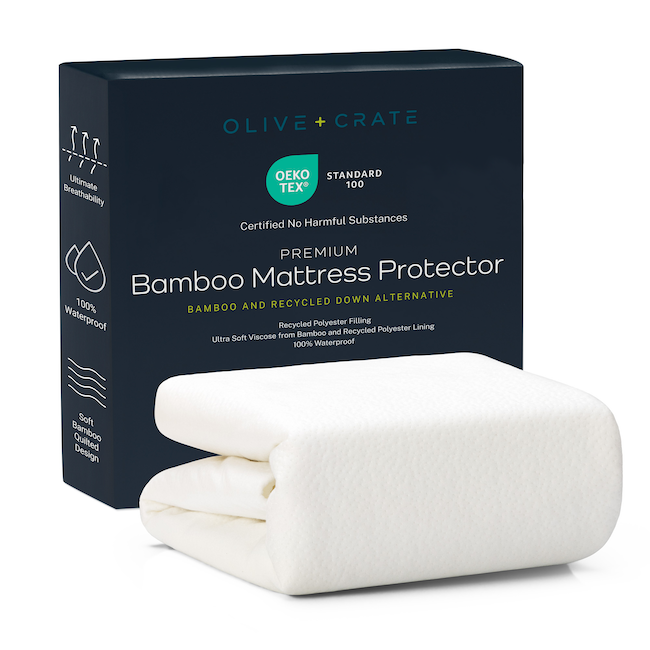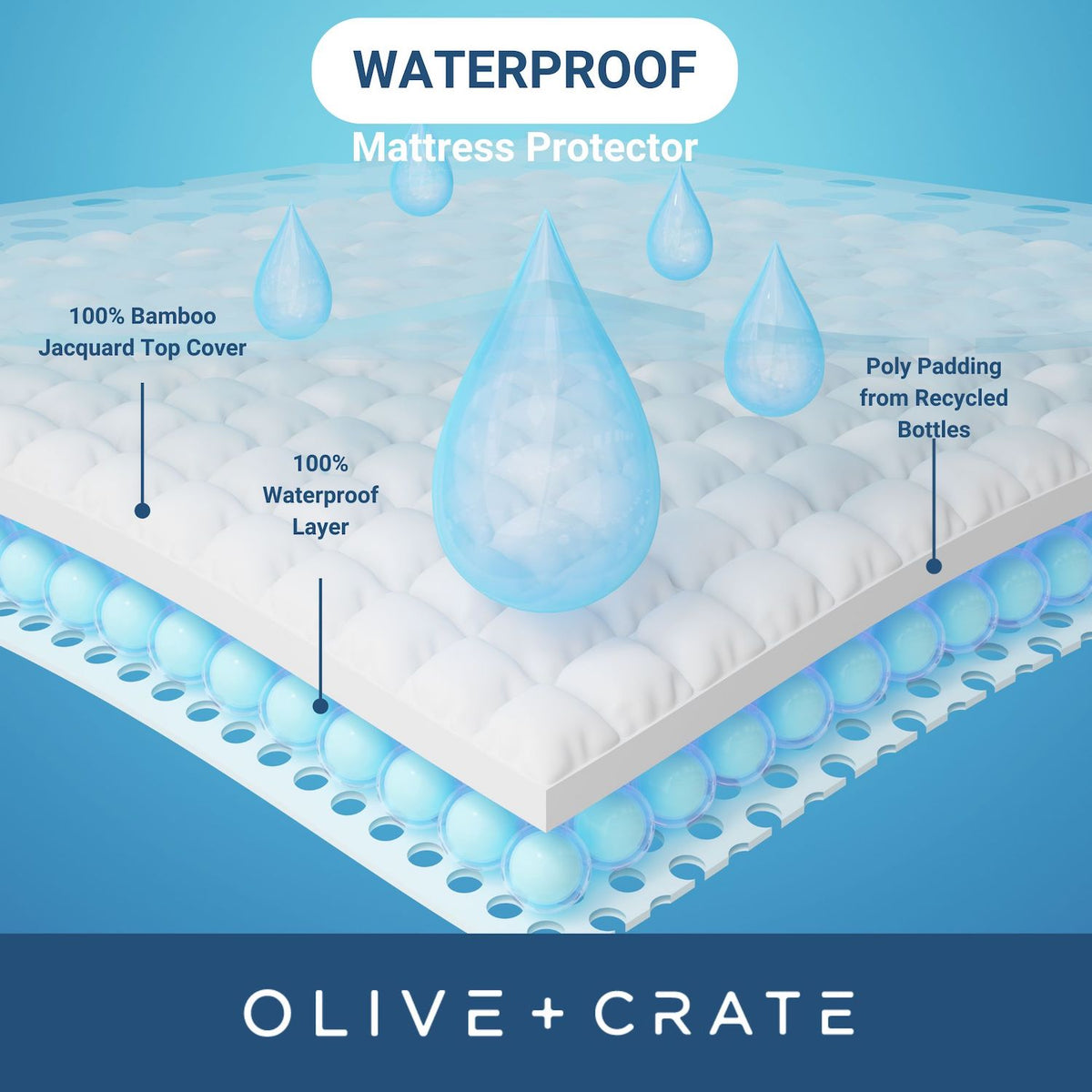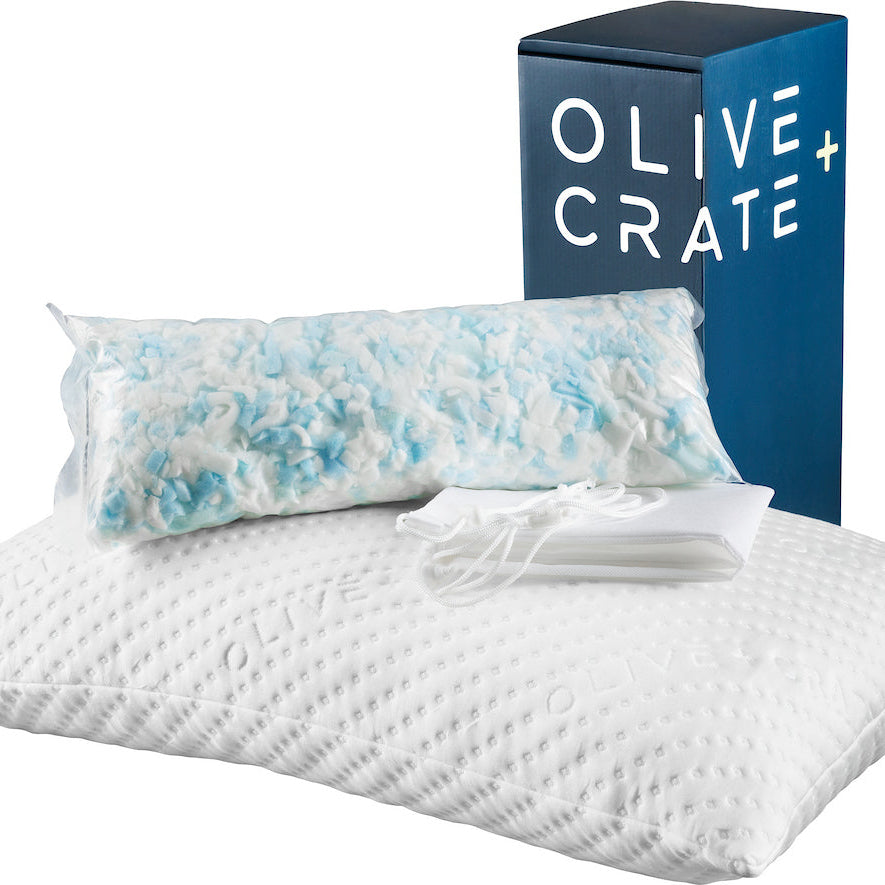by Elizabeth Burton
date: 12/21/2020
Eco-conscious, biophilic interiors are everywhere, supported by a number of home decor trends rooted in nature. The primary theme of interior design this year seems to have been “bringing the outside indoors.” Foliage and floral printed wallpapers appeared in homes around the country, walls featured moss green, shell pink and ocean blue paint. Patio furniture has also found its way indoors -- with teak and wicker dining sets and armchairs filling living rooms, dens and dining rooms. Consumers appear more interested these days in organic products that not only make their home look vibrant and verdant, but improve their personal health. One of the best ways to infuse one’s home with health-supporting organic elements is to choose those made from natural eucalyptus. Follow below for five ways to use natural eucalyptus products in your home in 2021!
#1 In the Shower for Stuffy Noses
Natural eucalyptus products abound on the market -- from luxurious linens to cut-from-the-tree branches. Each offers benefits for one’s health and many can be used from room to room, both functionally and as decor. One of our favorite ways to use the branches of the eucalyptus tree -- funnily enough -- is in the shower. As Jenae Sitzes writes in an article for Prevention, “People Are Hanging Eucalyptus in Their Showers to Clear Up Their Stuffy Noses.” Sitzes writes that eucalyptus is not only beautiful and aromatic, but it has also “been shown to help relieve upper respiratory issues.” In fact, eucalyptus is “often the active ingredient in over-the-counter chest rubs and used with humidifiers.” According to the Vicks’ website, the two prominent active ingredients in the company’s VapoRub are camphor and eucalyptus oil. The latter is used to suppress coughs and soothe the body.
Bouquets of eucalyptus branches hung from shower nozzles have become popular for their spa-like aesthetic quality, but for their ability to ease discomfort. Sitzes explains that nasal congestion is cleared and inflammation from “sinus and bronchial infections” is reduced. This is achieved as the “steam of the shower releases the essential oils of the eucalyptus plant.” To create your own shower bundle, Sitzes recommends heading over to your local florist or organic grocery. She suggests once you have purchased the branches that you “tie the stems together with...natural twine and tie them to the shower head.” Just try to keep the branches out of the water’s stream to ensure they last longer.
#2 On Your Skin For Sore Muscles
Sore muscles -- whether from a run the day before or a recent injury -- get in the way of everyday life. They affect morale and sleep quality and compound fatigue. Thankfully, a number of creams, lotions and compresses intended to lessen the pain and discomfort associated with sore muscles exist on the market today. Many essential oils can be found in these topical creams -- including rosemary, rose hip, chamomile and lavender. One of the most effective essential oils is eucalyptus oil. According to Emily Cronkleton in her article “Try This: 18 Essential Oils for Sore Muscles” for Healthline, eucalyptus “has a cooling effect on muscles." This effect "reduces pain and inflammation.” Its effects are two-fold -- resulting from the topical application of the oil and from aromatherapy. In her article “What Are the Best Essential Oils for Sore Muscles?” for Medical News Today, Rachel Nall recommends eucalyptus for those with arthritis. She writes that -- according to a study in the Journal of Korean Academy of Nursing -- “a mixture of eucalyptus [and other oils]...helped relieve pain associated with arthritis.”
Another study -- published in the Asian Pacific Journal of Tropical Biomedicine in 2015 -- notes that eucalyptus oils have long been used to other ends. They have been used to “regulate and activate the various systems like the nervous system for neuralgia, headache and debility.” The authors of the study write that eucalyptus oil has soothed “throat infections...bronchitis...and sinusitis associated with respiratory systems." Skin problems benefit from application of the oil too -- including “wounds, cuts, burns...and insect bites.” Today, the study notes, eucalyptus oils are often used to treat “muscular pain…[and] swollen joints” to great effect.
#3 As an Antioxidant-Rich Tea
Whether one is trying to banish a cold, warm one’s hands, calm one’s mind or soothe a sore throat, eucalyptus tea can help. According to Michelle Wright in her article “Benefits of Eucalyptus Tea” for LiveStrong, Australians have another name for eucalyptus. They refer to the eucalyptus tree “as the fever tree due to its medicinal properties.” Wright notes that many people around the world imbibe eucalyptus leaf tea -- especially during flu season -- because of their “antimicrobial effects [which are] backed by scientific research.” Adding a “cup of eucalyptus tea to your seasonal cold and flu-fighting strategy” is highly recommended by Wright. Still, those taking medication should check with their doctor first. Though eucalyptus tea is safe for most, it can have unwanted, adverse side effects when combined with certain prescriptions.
If your doctor approves the tea, prepare to enjoy its many health benefits. Wright explains that drinking eucalyptus tea is calming and soothing. Furthermore, it can “lower blood sugar for those with pre-diabetic or confirmed diabetes.” This claim pulls support from “an animal-based study published in...the Journal of Nutrition.” The study found that “the leaves of the eucalyptus tree...may offer a dietary complement for those undergoing treatment for diabetes.” Eucalyptus is also naturally anti-inflammatory and anti-bacterial, making it particularly helpful for “those suffering from asthma and other steroid-sensitive disorders.”
#4 As a Household Cleaner
The movement towards natural household cleaners and away from harmful chemicals like bleach continues to gain momentum. Consumers love gentle cleaners containing eucalyptus oil due to its antimicrobial, antifungal and antibacterial properties. Products containing eucalyptus oil clean effectively without releasing any harsh chemicals or leaving behind foul odors. The staff of First For Women outline the many cleaning uses of eucalyptus in "10 Things You Should be Cleaning With Eucalyptus Oil.” The article notes that eucalyptus oil can be used to freshen linens, clear stains from carpets, disinfect floors and cut grime from stove tops.
To spot clean your carpets, the First for Women editorial team recommends simply adding a few drops of eucalyptus to a moistened towel. Then, work towards the middle of the stain and “wip[ing] very gently so you don’t rub it in.” To rid your stove top or oven of “grease and grime,” add a couple tablespoons of eucalyptus oil to a spray bottle. First fill the bottle with water and then add a “teaspoon of dishwashing liquid” along with the eucalyptus. Users can also apply eucalyptus oil to clear any sinks and stainless steel appliances of streaks and built-up gunk.
#5 As a Natural Alternative to Unsustainable Linens
While it might come as a surprise to some consumers, natural eucalyptus fibers are a great sustainable replacement for linen and cotton fabrics. Invented decades ago, lyocell and the brand-name Tencel are in everything homeware -- from bath towels and tablecloths to bedsheets and pillow cases. Natural eucalyptus sheets in particular are beloved for their fresh and touchable feel. Cristina Sanza writes in an article for The Spruce that they "have earned a reputation for being softer, cooler, and more moisture-wicking than cotton.” Tencel products are more eco-friendly than those made from cotton and linen, making them a great choice for sustainability-minded consumers.
The growth, harvesting and manufacturing processes involved in producing Tencel use less land than cotton and flax do. The manufacturing process of natural eucalyptus fibers also uses gray water in a closed-loop system. This means that water is not run through once and then tossed out. Though Tencel sheets easily bypass linen and cotton from a sustainability perspective, they are often noted as superior to bamboo sheets as well. With a superior feel and lightweight material less likely to wrinkle than bamboo, Tencel sheets offer a beautiful hotel-crisp look on any bed.


















